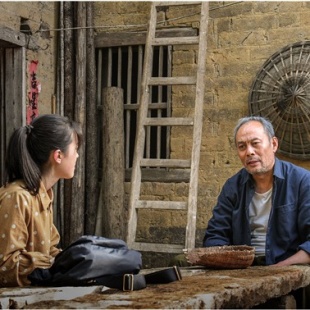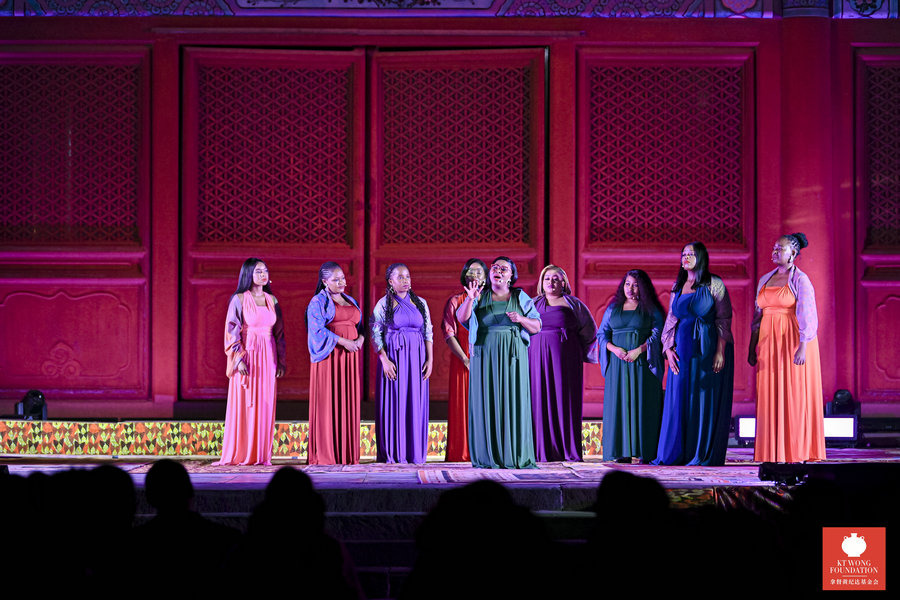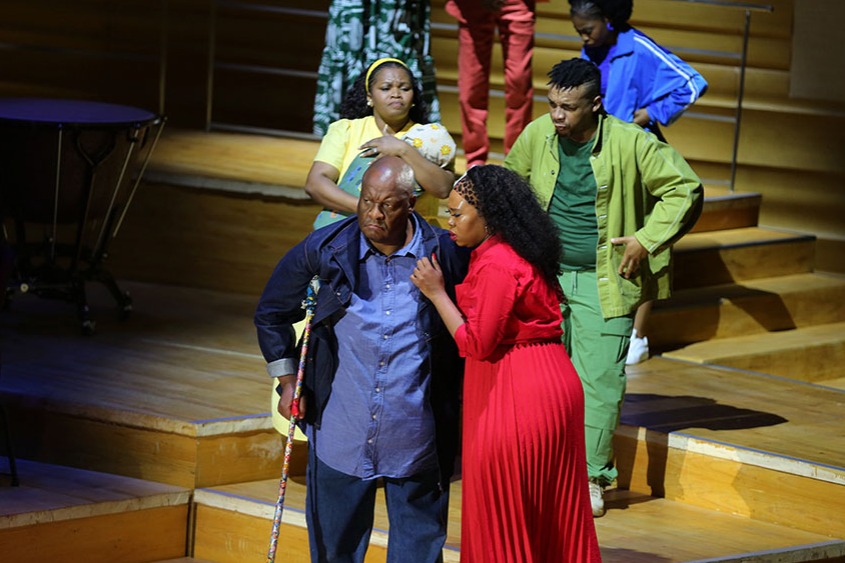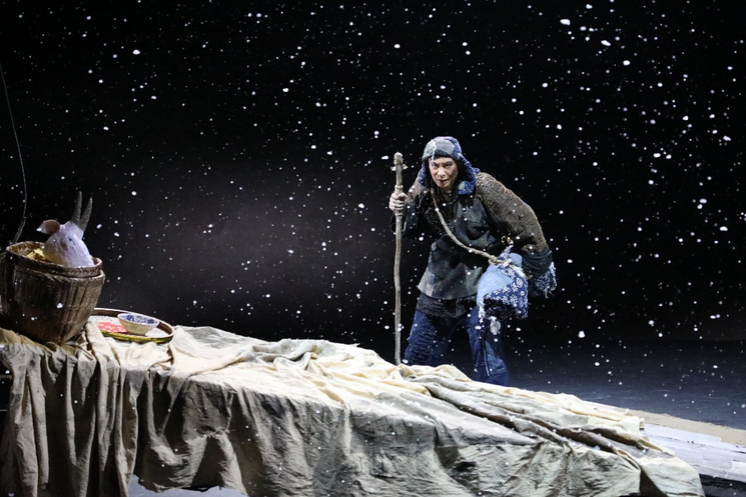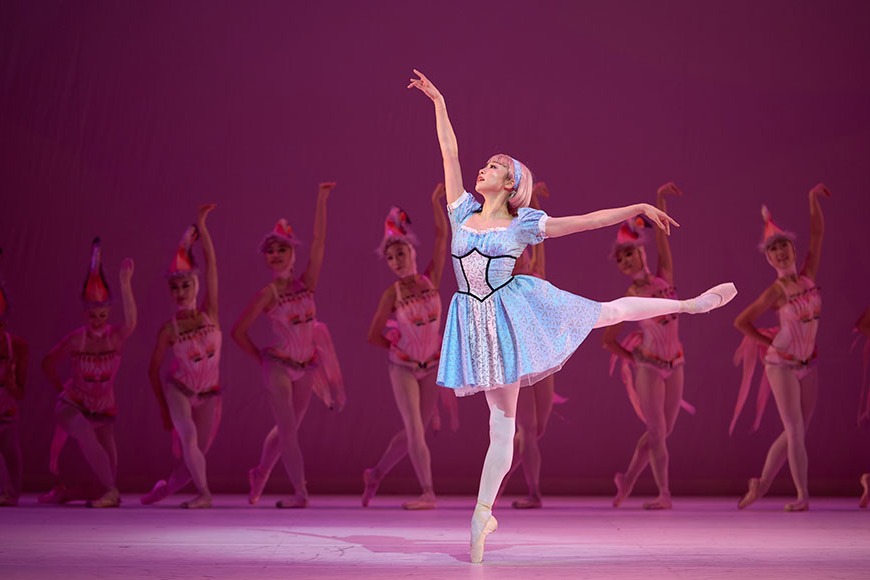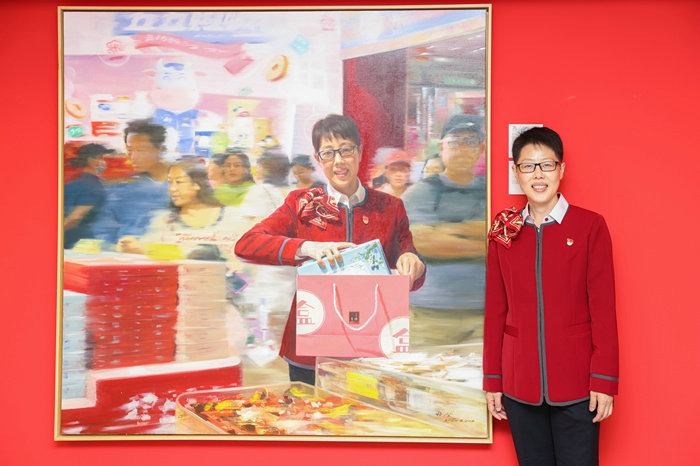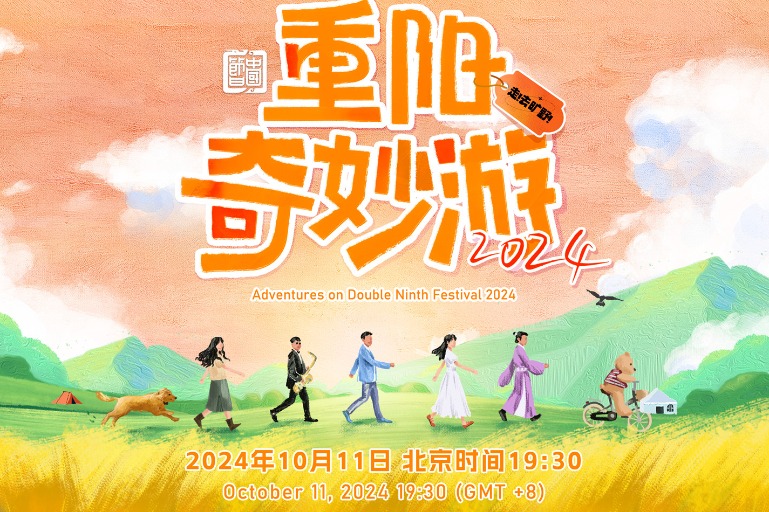Director's lens focuses on lessons of history

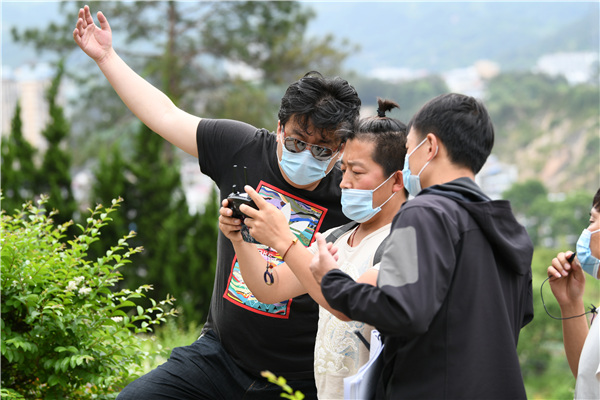
As some areas in China had reported new coronavirus cases in April, Chen recalls he and his crew felt a bit nervous on their flight from Qingdao to Hefei, the capital of Anhui province.
"We shot the movie in Yuexi town in the city of Anqing, just one-and-a-half hour's drive from Wuhan (the hardest-hit city in China)," recalls Chen.
Through interviews with local elderly villagers, Chen came to learn that they used to trek for an entire day, climbing over hills, to reach the nearest town. "Now the town has completely got rid of poverty. With a concrete road accessible to all households, it takes just around 20 minutes to drive there," he notes.
Chen has earned a reputation in showbiz circles by serving as one of the creators behind the biographical TV series My Uncle Zhou Enlai, which chronicles Zhou, New China's first premier who died in 1976.
Later, he accumulated more recognition through directing the hit TV series The Fight of Changsha, about the milestone battle during the War of Resistance against Japanese Aggression (1931-45), and the war romance film The Sword and the Flag in the Fog, set during the eve of the liberation of Beijing in 1949.
"I've learned a lot about how modern China has been shaped and the revolutionary history of the Communist Party through research for these flicks," says Chen.
"So personally, filmmaking is a very interesting job that not only helps me to travel to a lot of places, but also enriches my knowledge."


